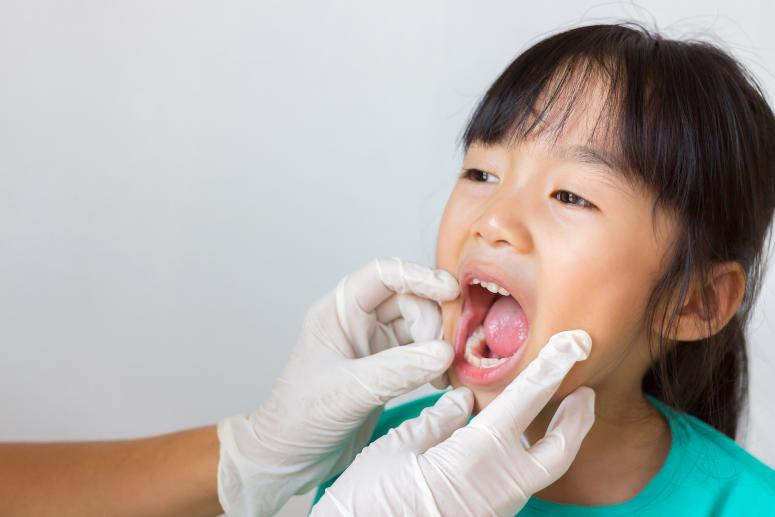
Although a critical part of care, there remains one aspect that I do not enjoy much as a pediatric dentist. I feel discouraged when I monitor a young child waking up from general anesthesia on whom I placed multiple crowns and extracted teeth. Where and how did the system fail this otherwise healthy child and their mother, so that they ended up here, in the operating room?
Numerous studies support the association between periodontal disease and a variety of systemic conditions such as cardiovascular disease, respiratory disease, and diabetes. In maternal populations, a potential positive association exists between periodontal disease and adverse birth outcomes, such as pre-eclampsia, low birth weight, and preterm birth due to an elevated host-inflammatory response. Poor oral health of expecting mothers affects not only the health outcomes of their babies at birth but after birth as well. Untreated caries (tooth decay) in pregnant women lead to a higher risk of caries in children and may result in a need for extensive dental treatment under sedation and even general anesthesia, especially in young children.
Before I became a dentist and later a mother, I used to think, “It’s just a baby tooth”. But no. Baby teeth are essential to ensure the health and social interactions of a child through at least the first twelve years of life. That is why I applied for the AcademyHealth Delivery Systems Science Fellowship (DSSF) to advance my skills in health service research in improving oral health. From managing health center dental programs at the United States Department of Health and Human Services, to analyzing claims data for Medicaid-enrolled pregnant women as part of my DSSF fellowship, I have built the last ten years of my career around the oral health of women of child-bearing age and their young children. Through educating expectant mothers regarding oral health and creating sensible policies that encourage receipt of timely oral health care, I can contribute to keeping not only their smile healthy, but also that of their children.
Preventive, diagnostic and restorative dental treatments are safe throughout pregnancy and are effective in improving and maintaining oral health, but still many pregnant women do not (or cannot) seek dental care during pregnancy. According to the Centers for Disease Control and Prevention, , only 43 percent of mothers have their teeth cleaned during pregnancy. Black, non-Hispanic women and Hispanic women are significantly less likely to have their teeth cleaned during pregnancy than white non-Hispanic women. Moreover, each state has different levels of dental coverage for Medicaid-enrolled women, and pregnant women often report they cannot easily find dentists who are willing to treat them. Keeping in mind that Medicaid covers nearly half of all births in the United States, oral health and oral health care for pregnant women can be significantly improved, particularly those from low-income families. Integrating oral health care into the existing prenatal care system such as the Women, Infants, and Children (WIC) program and Centering Pregnancy group health education program, we may be able to alleviate the burden of oral disease for women of childbearing age and their young children.
As the first dental provider in the Delivery System Science Fellowship, I have been fortunate to experience AcademyHealth’s enriching network and exercise health service research skills through the support from my host site, DentaQuest, to examine dental service utilization among low-income pregnant women and young children. This exposure has motivated me to continue to build strong oral health success stories for pregnant women, and integrate oral health within overall health in both healthcare and health policy settings. It is my hope that adding these stories to current health policy can help move it in sensible and meaningful ways to ultimately advance the oral and overall health of mothers and their children.
Submit an intent to apply for the 2019 Delivery System Science Fellowship! For more information visit https://academyhealth.org/dssf_apply. Applications are due Monday, January 14 at 5:00 p.m. ET.